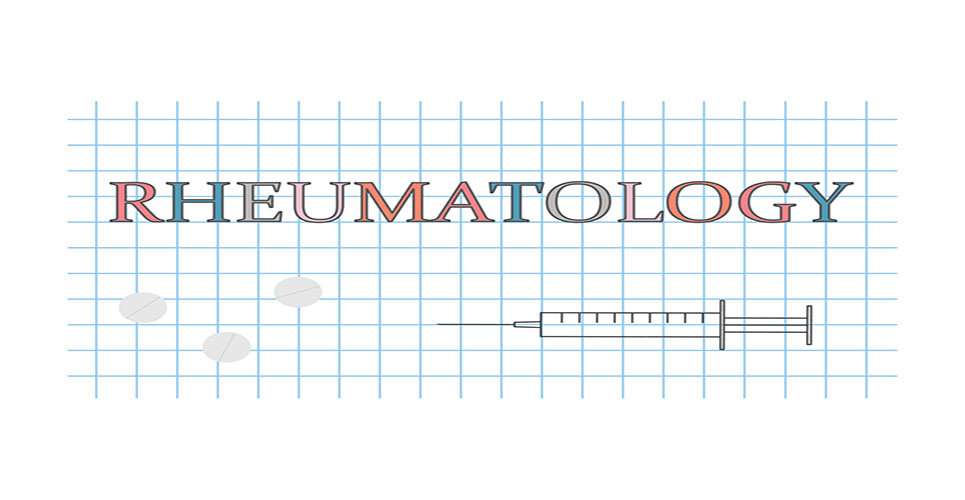teaser
Scientists have made a breakthrough in the treatment of chlamydia-induced reactive arthritis, which is brought on by exposure to the sexually transmitted disease.
A US study has found a combination of two antibiotics were successful in managing the condition – seen as a major step forward that could possibly lead to a cure.
Reactive arthritis (ReA), also known as Reiter’s syndrome, occurs in response to coming into contact with bacteria and developing an infection. Symptoms can include the inflammation of large joints, inflamation of the eyes and urethritis.
Researchers from University of South Florida College of Medicine published the results of the study in the May issue of Arthritis & Rheumatism, a journal of the American College of Rheumatology.
The study, led by Dr JD Carter, focused on combinations including two antibiotics found to have specific effects on the chlamydia bacteria.
The nine-month, prospective, double-blind, triple-placebo trial screened a total of 80 subjects, and 42 were enrolled and randomly subjected to treatment. From these 42 patients, 12 were given doxycycline and rifampin, 15 received azithromycin and rifampin, and 15 took matching oral placebos.
The primary end point – an improvement of 20% or more – was achieved in 17 of 27 patients (63%) receiving combination antibiotics and in three of 15 patients (20%) receiving placebo.
Secondary efficacy end points showed similar results, demonstrating that compared with placebo, a six-month course of combination antibiotics resulted in a significantly higher response rate in patients with chronic chlamydia-induced ReA. However, which combination of antibiotics was most effective remained undetermined as the trial was not designed to compare the two regimens.
Dr Carter said: “Combining this effect with antibiotics that block chlamydial protein synthesis (doxycycline or azithromycin) may allow for successful eradication of the cell harbouring persistently-infecting intracellular organisms.”
Copyright Press Association 2010
Arthritis & Rheumatism

